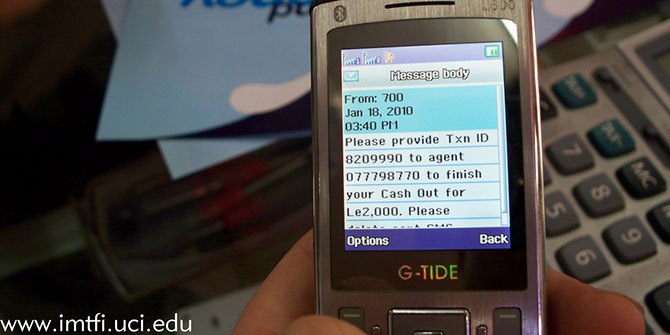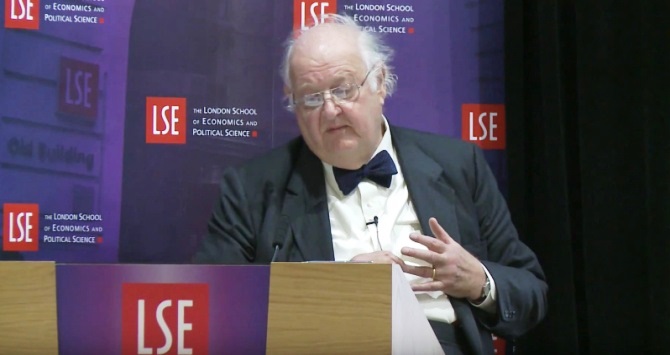
Faculty members in the Department of International Development respond to the news that Angus Deaton of Princeton University has been named the 2015 winner of the Nobel prize in economics.
Elliott Green

For the past two years I have used Angus Deaton’s latest book, The Great Escape: Health, Wealth and the Origins of Inequality (Princeton University Press, 2013) as the sole required text for my MSc course Key Issues in Development Studies (DV442).
Deaton’s book is exemplary in its ability to link current research in both economics and demography to present a clear overview of modern economic development. The book is unusual among texts in development studies inasmuch as it includes a great deal of material on now developed countries, especially the United States, which induces readers to understand development correctly as a spectrum rather than a binary set of outcomes.
It is actually rare to find a social scientist like Deaton who can both conduct cutting-edge research and write about broad topics in such a cogent style, not to mention provide numerous opportunities for provoking classroom discussions.
Indeed, in the last chapter of The Great Escape Deaton gives one of the most damning critiques of foreign aid I have ever read, and one that has great implications for how we understand development policy.
Duncan Green

Tremendous news that Angus Deaton has won the economics prize, not least because this will further direct attention towards one of the great challenges of the age – rising inequality, on which Deaton is a great thinker, not least in The Great Escape, which deserves an even wider readership.
Last year, I had a public exchange with him on the From Poverty to Power blog, in which I disagreed with his criticisms of aid. Throughout, where other big economists (naming no names…) would have ignored or slapped me down, he engaged in a thoroughly respectful and gentlemanly manner.
If you want to catch up, here are the collected blog posts:
- Why Angus Deaton is (mostly) wrong to attack aid for undermining politics and accountability
- Angus’ reply, making the case against aid
- Jon Lomoy of the OECD responds to Angus
Diana Weinhold
The Nobel is awarded to fundamental innovations, not just a large body of incremental improvements, but the fundamental innovation that Deaton is credited with is now so familiar and seemingly so obvious (the best kind of fundamental innovation is obvious *after the fact*) that it is hard to imagine a world in which those insights were not generally recognized.
We may add to this throughout the week, so please check back for additional comment.
Angus Deaton speaks at LSE on “The Great Escape: health, wealth, and the origins of inequality” in 2013.
Related Posts
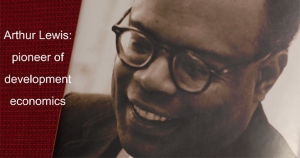 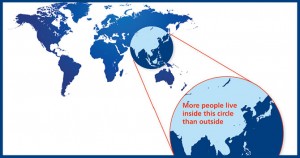 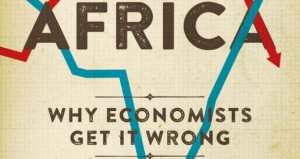 |


